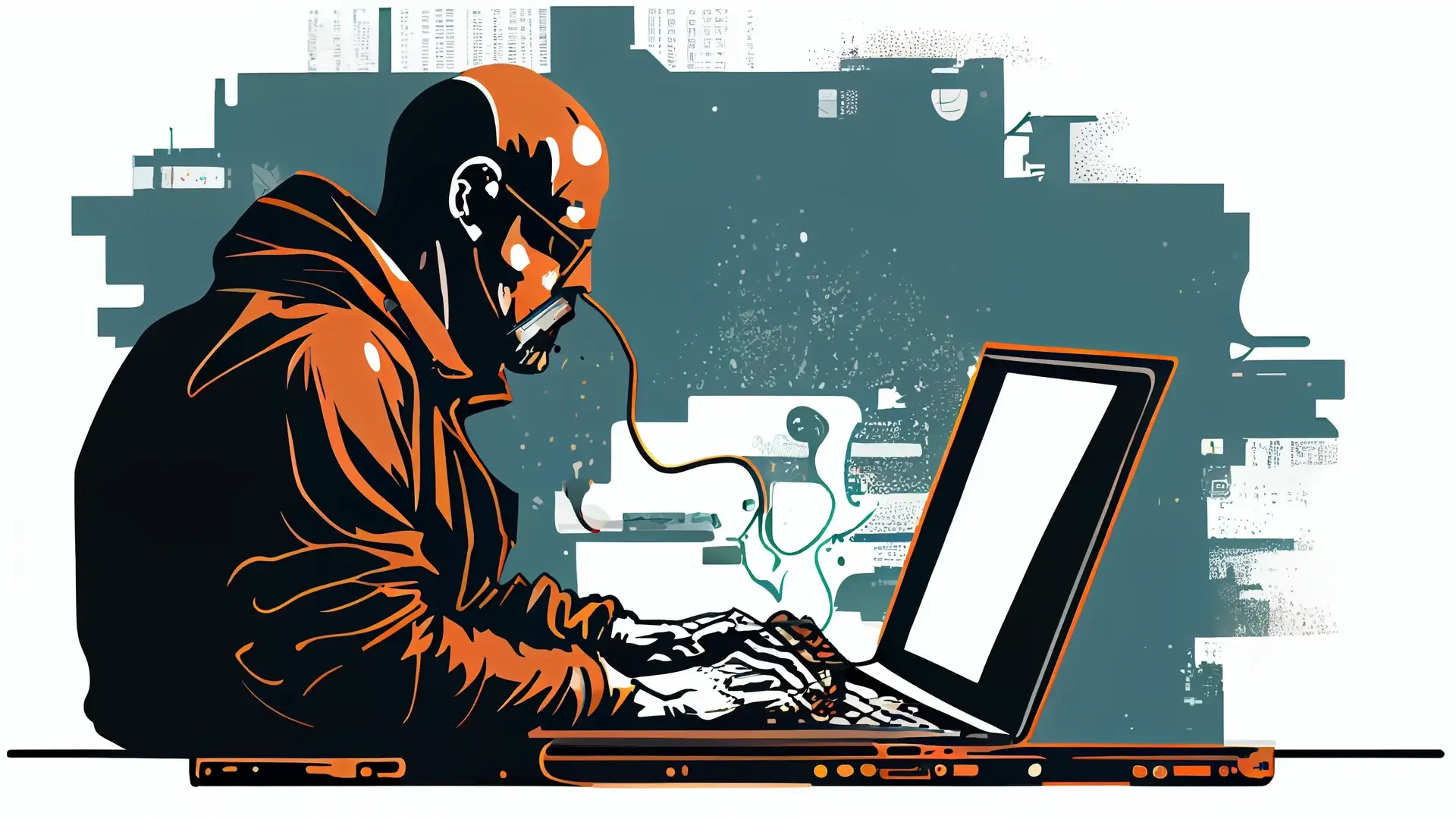Before you start developing a particular utility for iOS and Android for your business, you need to understand the pros and cons of this endeavor. This article will examine what you can get from it and what you can lose. Let’s go!
What are mobile utilities?
Before you start to develop mobile utilities, you need to understand what kinds of them exist. It is accepted to subdivide mobile utilities into two categories:
- Native – developed strictly for a particular operating system and taking into account all its features. These applications cannot be used on any other method, and they are suitable when a reasonably complex project with unique functionality for a particular operating system is being developed.
- Cross-platform – actively adapted for different operating systems but most often developed for Android and iOS. The advantages are cost and time savings on development (compared with the previous version). From the disadvantages – there are usually a lot of bugs and errors, so that the utility can work poorly.
Pros and cons of creating mobile applications
The advantages include the following:
- Increased frequency of interaction with the audience – smartphone apps tends to be used by users more often than desktop versions of sites. Further, the formula is straightforward: more visits – more profit from advertising or sales.
- Increasing loyalty and credibility among the audience – only some companies have their mobile app. Its presence indicates that you are serious about your business. And a pleasant and straightforward interface, in turn, increases user confidence.
- More accurate analytics – you can more accurately track information about the actions of users on your site. We’re talking about their purchases, the sections visited, etc. This allows you to increase profits and make the application even more convenient.

The disadvantages include the following:
- The need for stable tech support and consistent implementation of updates. The mobile platform means that it will be challenging to do without the help of a team of specialists. It would help if you were prepared for the additional costs.
- The need to develop an application for different operating systems – you can create a cross-platform analog, but it will need to be more functional.
- High development costs – of course, everything is individual. Still, the general trend is that developing a mobile application is more expensive than creating a visually and functionally good website.
Risks?
In complement to the pros and cons, you also need to analyze what potential risks you may encounter before you start working on creating a utility. Developing an iOS and Android app is a long-distance obstacle course: you must be well prepared to succeed. How much more successful you become with the release of the utility, how quickly all of your success can sink into oblivion.
For example, if the application’s interface is overloaded and the application itself is buggy. The user will always blame the application developers and not the ISP for slow downloads, so the question of optimization and possible offline performance is extremely important.
That is not all – the application also needs stable support and constant updates: releases of new versions of operating systems happen all the time, so the necessary changes need to be made in time.
Remembering that a team of professionals should handle mobile app development is essential. And agencies specializing in this will be able to help sort out the most appropriate solution for the desired result.

